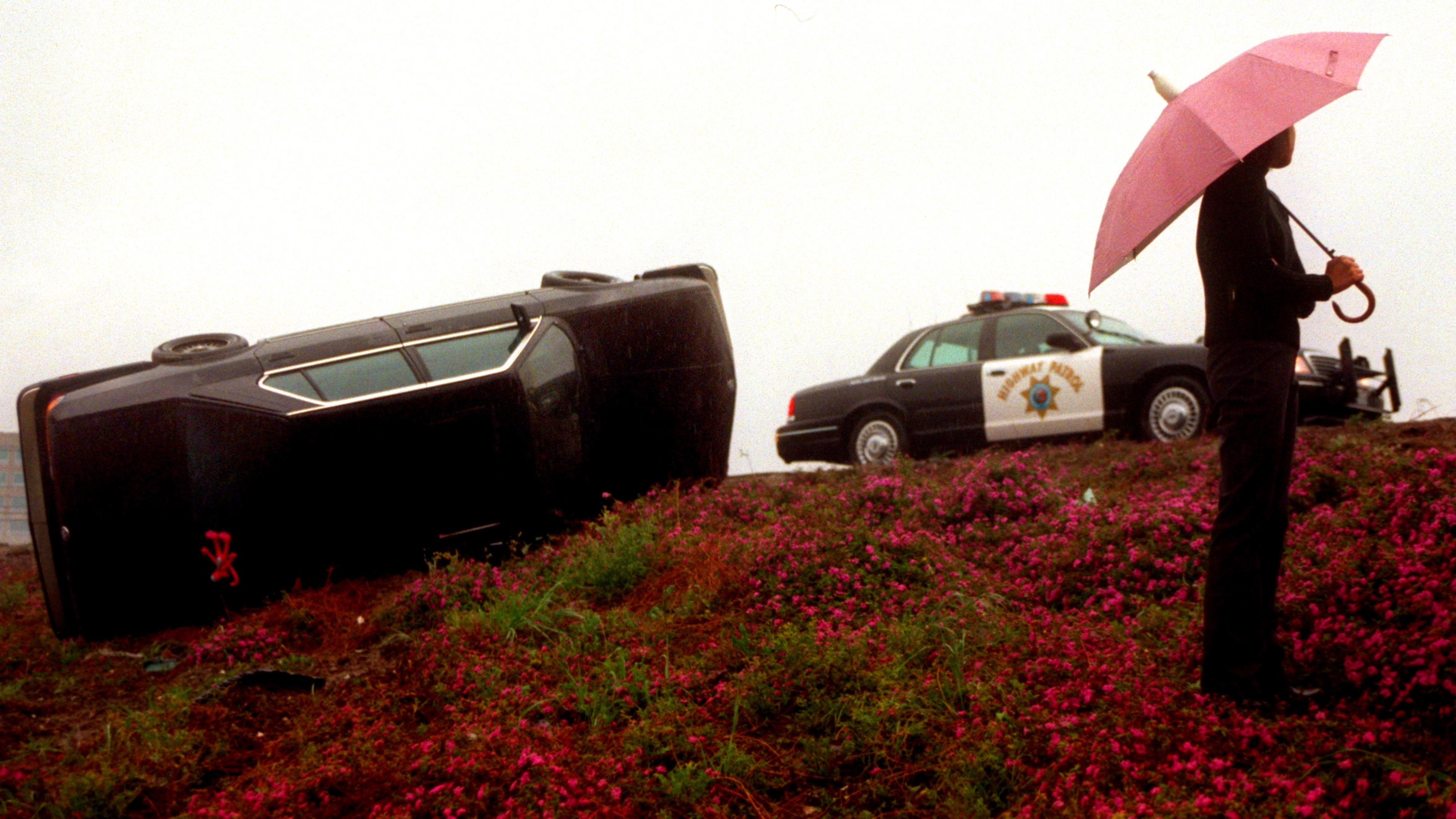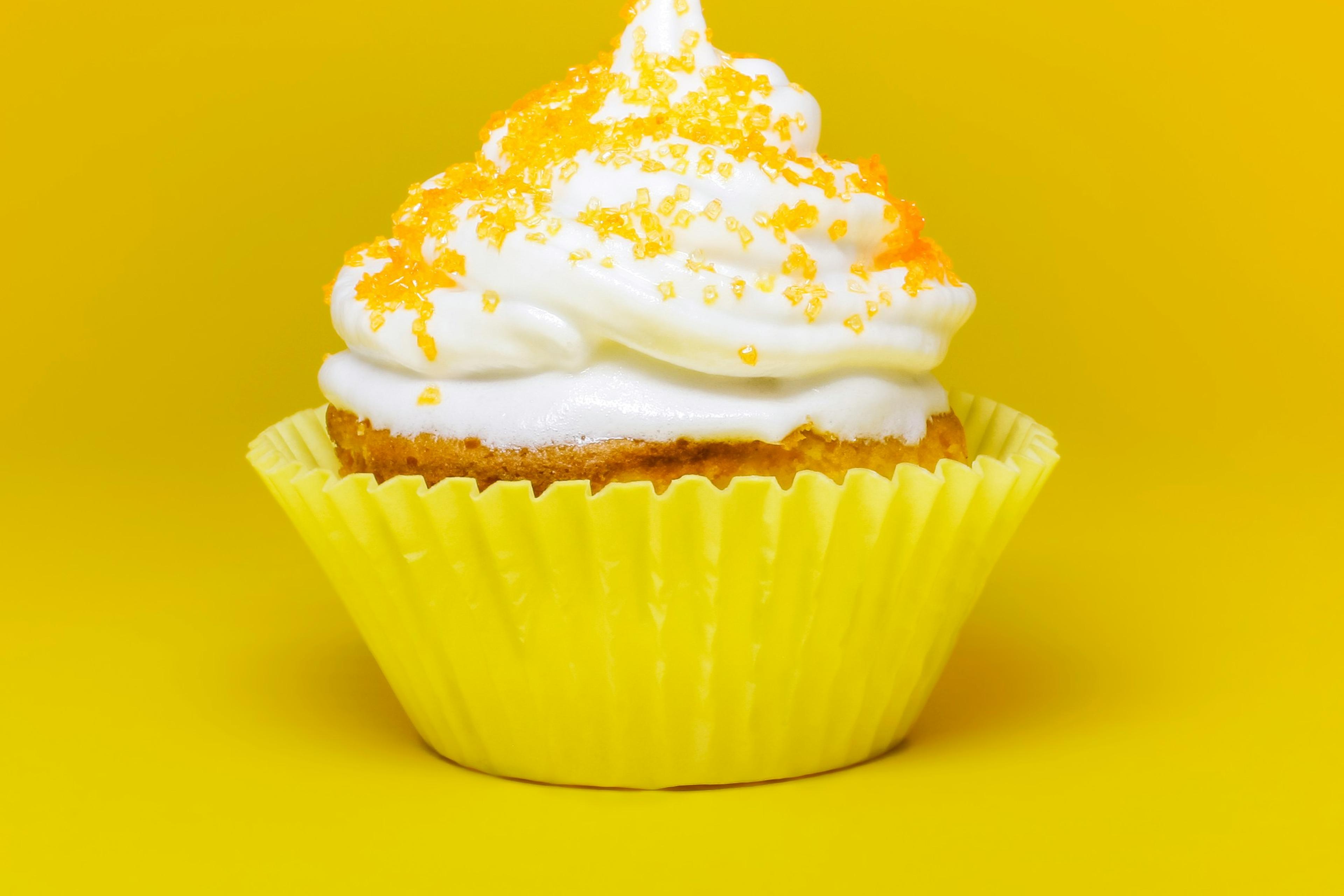It took me a few seconds to even register what had happened. I looked down at my favourite sweater, now covered in marinara sauce and homemade spaghetti. I looked over at my friend, her plate at an incriminating angle and suspiciously bare of food. She immediately jumped into an enthusiastic apology. ‘Oh no, I’m so sorry! I should have been more careful. Ugh, I feel so guilty!’ I just laughed it off. ‘Hey, it’s cool, don’t beat yourself up. It was only an accident! Let’s get you another plate.’
Now imagine we slightly altered this incident. Food still meets sweater, and I look over at my friend, who simply says: ‘Oh, whoops, look at that.’ No expression of guilt or apology. If that had happened, I’m not sure I would have been so collected in my response. The spill was still just an accident – she didn’t do it on purpose. While it’s easy to blame someone for an accident if they have acted carelessly, that wasn’t the case with my friend. And if I don’t blame her, I shouldn’t expect her to blame herself or feel guilty, right? Yet, somehow, this guilt-free demeanour would, at least for me, change how I thought about the situation and my friend. Why doesn’t she feel guilty? Did she actually mean to spill the food?
Random accidents are a part of everyday life, with consequences ranging from momentary inconvenience to serious physical harm. Most people probably feel some amount of guilt for these accidents, even when they aren’t really at fault. Indeed, we seem to consider this guilt normal. To take another example, laid out by the philosopher Bernard Williams in his essay ‘Moral Luck’ (1976), consider a lorry driver who, through no fault of his own, has accidentally run over a child. The driver likely feels a great deal of guilt about this accident, and others will naturally try to comfort him – to move him ‘from where he is to something more like the place of a spectator’. At the same time, Williams suggests, people would expect that the driver needs to be encouraged to feel differently about what has happened, and ‘indeed some doubt would be felt about a driver who too blandly or readily moved to that position.’ Imagine that the driver, when told not to feel guilty for this accident, immediately responds: ‘Oh, you’re right. I don’t feel guilty any more.’ To many people, this would seem unsettling and creepy, perhaps even immoral.
These examples highlight an interesting puzzle about how we, as social and moral creatures, think about guilt and responsibility. Why would we encourage others to feel less guilt for their accidents, and yet disapprove if they do not at least initially feel some guilt?
To address this puzzle, my colleagues and I conducted a series of experiments. We focused on how people judge the moral character of others – whether someone is a trustworthy, morally good person – based on whether that person feels guilty for an accident. We presented participants with different scenarios in which someone has caused some small accident that inconvenienced someone else (eg, spilling their drink on someone, or accidentally locking someone out of a building for a short time). Some participants read a version of the scenario where the person felt guilty for the accident, and other participants read a version where the person didn’t feel guilty. This set-up mimics the two versions of the spilled spaghetti accident described above. Participants then answered several survey questions regarding their thoughts and judgments about the situation and the person responsible for the accident.
Compared with the person who didn’t feel guilty for the accident, the guilt-experiencing person was rated by participants as being more moral, more trustworthy, and even less deserving of blame for the accident. We took these results as evidence that people value this experiencing of guilt in others. Yes, it was ultimately an unintentional accident, but people want others to feel at least some guilt for the harm they might have caused. If someone doesn’t, this seems to signal something about who they are deep down. If they don’t feel guilty for this accident, what else would they not feel guilty about? Along these lines, we found that participants rated the person who didn’t experience guilt, compared with the guilt-experiencing person, as less likely to feel guilty for other misdeeds and injuries they might cause in the future.
Our research is tapping into what can be called ‘false positive’ emotions – emotions that trigger, even though they are not necessarily needed in a given situation. To further explain this concept, let’s look at another example dealing with fear. Generally, the evolved purpose of fear is to help us avoid dangerous situations. A prototypical example is coming across a venomous snake while alone in the wilderness. However, we often feel fear when we aren’t really in danger. If you’ve watched a scary movie, you know this feeling – the danger in the movie can’t actually hurt you, and yet we often watch such movies just to experience that sense of fear. That feeling of fear would be a ‘false positive’ emotion: we don’t really need to feel fear since we aren’t in danger, but we nonetheless do. Similarly, fictional scenarios can stir emotions such as sadness or anger, and feelings of disgust (which help protect us from pathogens and poisons) can be triggered by objects that are perfectly safe to touch or eat.
Why might we experience these ‘false positive’ emotions? The world is complex, and our brains use a number of shortcuts to help deal with that complexity. Rather than trying to learn everything about the world, our brains use quick and easy rules to allow for efficient and mostly accurate decision-making. Take the snake and fear example. Let’s say that the snake you have encountered might be a harmless garter snake, but you’re not sure. Would you want to stay around and find out? Likely not. Even if the situation was unlikely to be dangerous, many of us would still experience fear and try to get out of there. Our brains make the assumption that ‘snake = danger’ without worrying about the nuances of venom toxicity.
A similar kind of process is likely happening for guilt and what it signals to other people, such that guilt is also subject to quick and easy rules, and provides guidance for making an efficient decision. By looking both at when guilt tends to occur and at when people expect guilt to occur, we can learn more about how guilt actually works. Based on our experiments, we suggest that part of what experiencing guilt may do is let others know that you recognise you’ve caused something bad – even if you didn’t mean for that to happen. By experiencing guilt, you recognise that you could have done something different. Other people can then infer how you might behave in the future: if you’re experiencing ‘false positive’ guilt for this accident, you might be more likely to experience ‘true positive’ guilt in the future and therefore avoid intentionally hurting others. And we generally like people who don’t intentionally hurt others.
Such guilt-based inferences about others might actually be warranted. In a final study, my colleagues and I found that lower levels of self-reported guilt for hypothetical accidents were associated with higher levels of psychopathy, Machiavellianism and narcissism, traits related to being emotionally callous and self-centred. In addition, research by Taya Cohen and colleagues has suggested that a person’s tendency to experience guilt is connected to their tendency to behave ethically.
Our studies might also help explain why some people are especially prone to feeling guilty. While a capacity for guilt is generally a valuable thing, people can experience too much guilt, blaming themselves for things that are completely outside their control or viewing their behaviour as sinful while others would not be so quick to condemn them. As our research suggests, people who experience such intense guilt might be engaging in a relatively common process – just at erroneously high levels. In a sense, they could be excessively signalling their moral concern and character, experiencing large amounts of ‘false positive’ guilt.
To my fellow guilt-prone individuals, take heart. Guilt is a natural and expected aspect of life, and it can help support quality relationships by addressing the fact that something has gone wrong – even if it was an accident. But making the most of guilt requires thinking carefully about when and why it is truly necessary.








